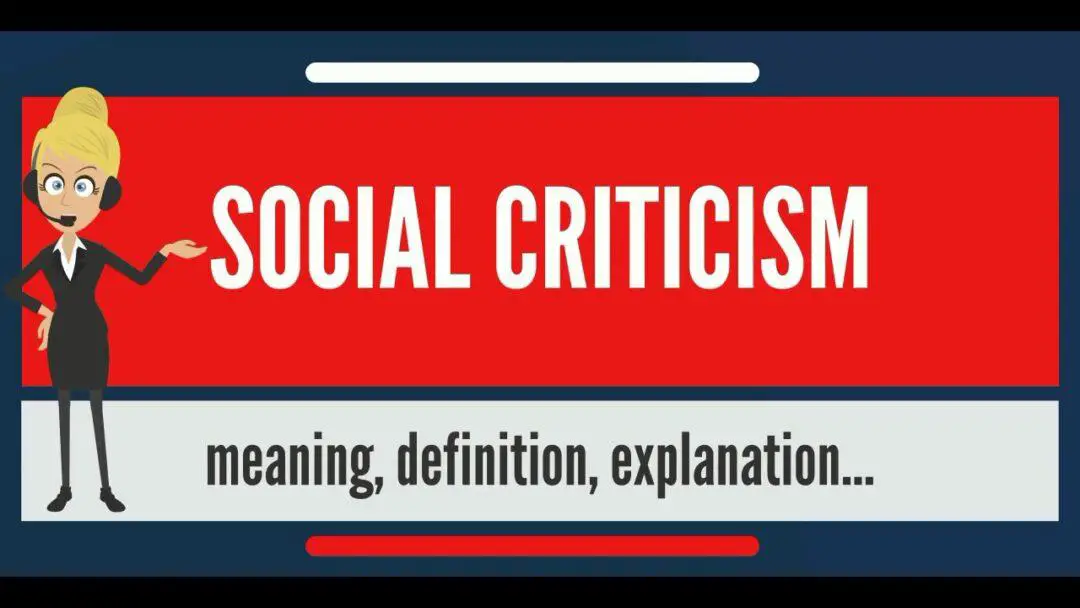Teaching English Writing Skills
Teaching English writing skills for ESL students can be tricky. Unless you’re blessed with an incredibly dedicated and focused student, you need to center on making it engaging and interesting. Below you can find four easy activities for teaching English writing skills. Improve your student’s English writing with description, social critique, brainstorming, and text structure.
The Best writing activity for ESL students (Teaching English Writing Skills)
Writing lessons are a tough job at times. You must help your students to organize ideas, use diverse vocabulary, create proper sentence structure, and include relevant material.
However, a more considerable responsibility than that is teaching students critical thinking. There are four basic features that you can use to teach writing and stimulate critical thinking all at once. Let’s take a look.
Description
Start by using images that the students can describe. You can find free pictures from pexels.com. You can include two images and tell the student to describe them physically, e.g., what things are there in the picture? What is the person doing? etc… You can also introduce them to new emerging vocabulary and then ask them to write it over the board or screen. This ESL writing activity can be used for low-level students and advanced students. The teacher can make the writing descriptions for the picture more or less complicated depending on the level of the student.
It is also beneficial for the students who are taking b1 and b2 exams and need to describe images there.
Social Critique

After you asked your student to describe the pictures, you can ask them for a social critique. The student can talk about what is the main reason behind the picture and what it represents. For example, if there is a picture of everybody using mobile phones in a room, it represents that most people are so indulged in technology that they don’t interact with each other. For a lower-level student or beginning learner, you can give them more simplistic pictures. You could have a simple picture with a plate of food for example. Ask why the plate is there. Is it for dinner, or a snack, or breakfast? All answers must be written.
In this way, they analyze and try to figure out what the picture is trying to represent.
One important thing to keep in mind is to avoid using polemic issues as most of the students come from versatile nationalities and have different points of view. You should avoid topics such as religion and politics. Keep a focus on societal topics, hobbies, education, and anything that doesn’t carry a stigma or controversy. Keep your lesson plans fun.
Brainstorm

An important part of teaching writing to ESL students is making the students write down the points. You can ask them to find an interesting topic that they can discuss according to the pictures. For example, if the picture is of somebody driving a car, the students can write all the bad things that can happen while driving a car and all the different ways cars help us. Mind mapping is also a great tool for brainstorming with students before a writing assignment. Also, check here for ten more ways to brainstorm with your students!
Text structure

While teaching writing, there are various forms of text that are taken into regards, such as reports, emails, articles, and letters. What you can do is, make an outline of the text that you have given to the student. For example, if it is a discussion about the article, then prepare an intro, main body 1, main body two, and conclusion. Explain the requirements, so they know the proper format. Keep it in front of their eyes as they begin writing.
Also, you can send them a list of transition verbs, linking words, and connectives so they can choose among them and insert it into their vocabulary. The student might think, now I will choose furthermore here and in addition to that for the next point, etc.
Proceeding further, you can help the student, for example, in the intro, then begin a few lines with your help, in structure and the language, and then you should let them do as they want.
Once they are done, you can check the text for proper intonation, spelling, and structure. You can circle all of the mistakes. First, let the student see if they can understand why it is a mistake before helping to explain.
Find online English teaching jobs that you can apply for today HERE.
Find FREE online teaching resources and lesson plans HERE.


